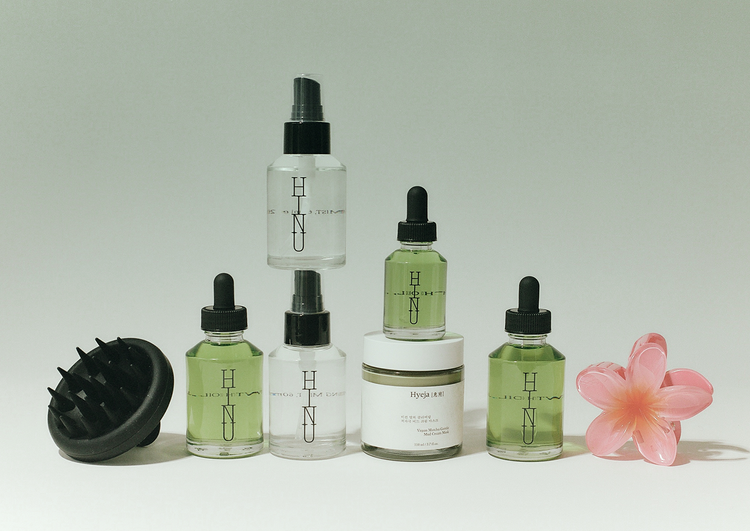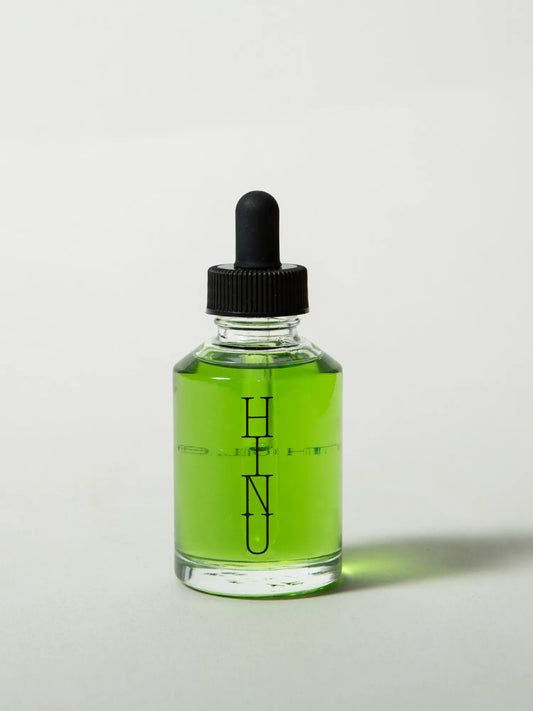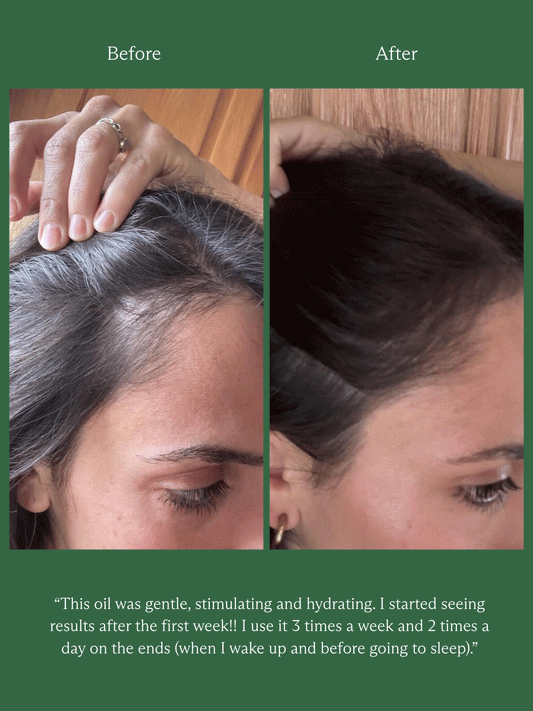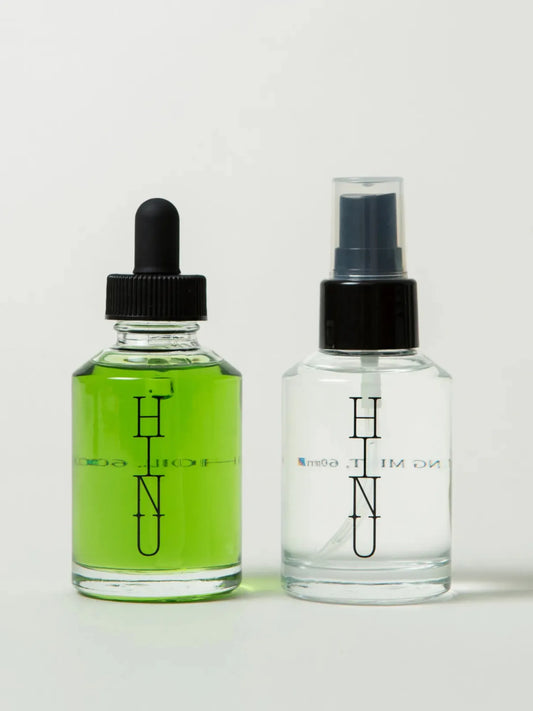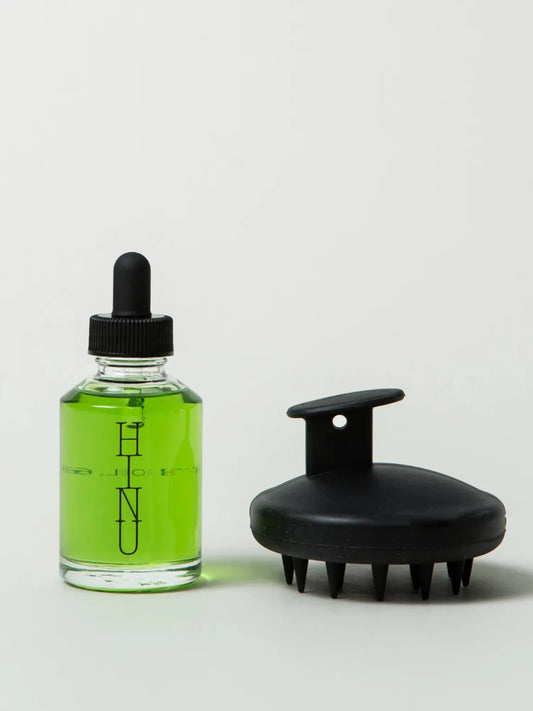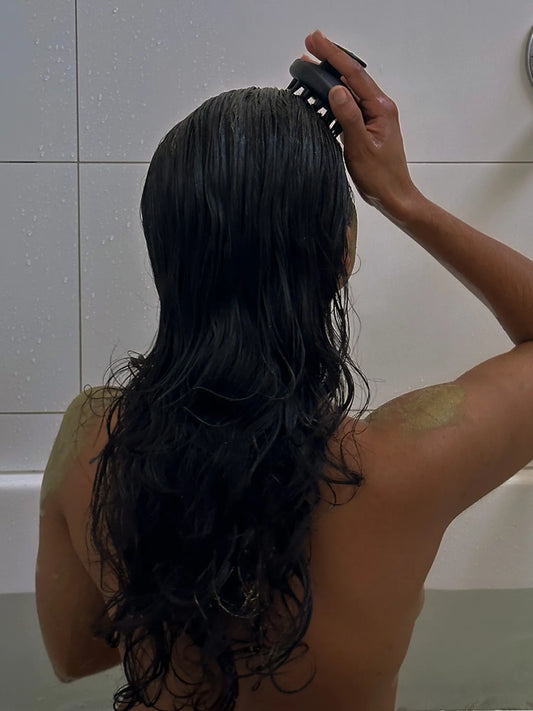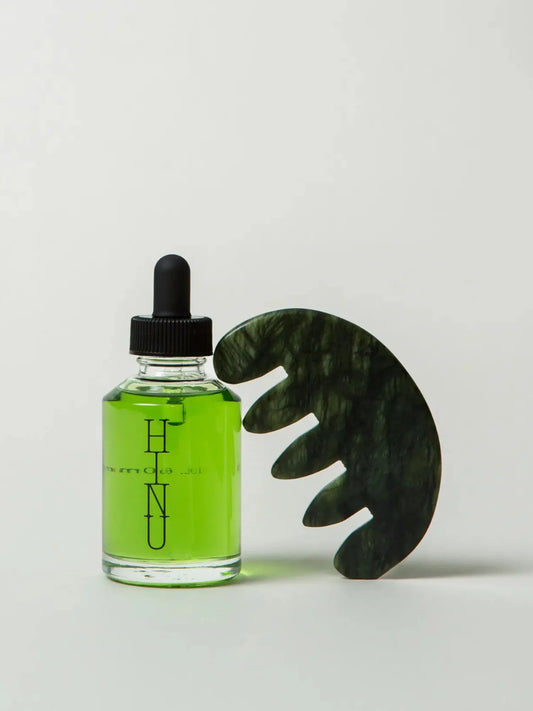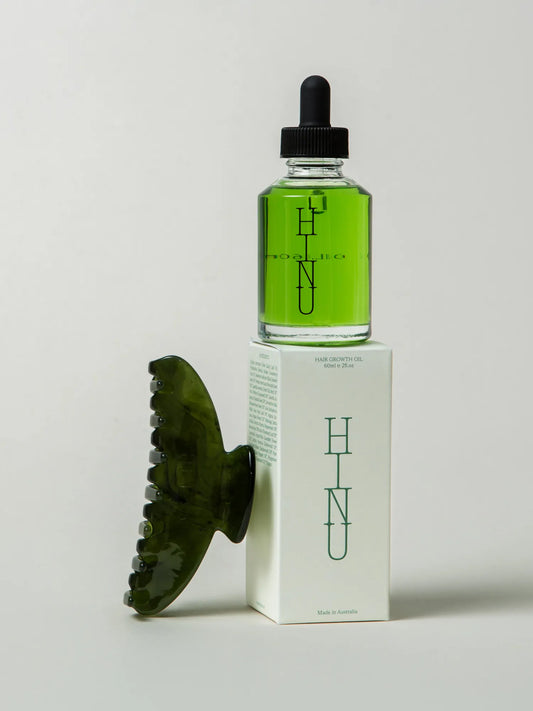
Is hair loss a result of stress?
You're not alone if you've ever gone through a stressful situation and then noticed stress-related hair loss.
Here, we'll examine the connection between stress and also explain how to help reverse stress-related hair loss. Read on...
To understand stress-related hair loss we must first recognise that hair goes through phases. Normally, 90% of your hair strands are in the growing phase, with the other 10% in the resting phase.
The body may react to a significant stressor by moving more strands than normal from the development phase to the resting phase. More than 20% of the hair follicles can enter the resting phase at once when stress-related hair loss occurs. In rare individuals, up to 50% of hair follicles may go into the resting phase, due to acute stress.
High amounts of stress may impair the hair follicle's capacity to operate. As part of our fight-or-flight response, the body releases the stress chemicals cortisol and adrenaline when confronted with a high-stress environment. These hormones redirect nutrients to our critical organs while decreasing blood flow to the skin. Since your body doesn't regard your hair as essential, your hair follicles can temporarily receive fewer nutrients, which may result in hair loss.
5 effective ways to deal with stress-related hair loss:
1. Consume a balanced diet
A nutritious diet is beneficial for both your body and your hair. To recuperate from stress-related hair loss, make sure you're eating lots of fruits, veggies, whole grains, healthy fats, and lean proteins. Protein is a necessary component of hair, so get lots of it in your diet. Poultry (such as chicken and turkey), quinoa, eggs, fish, and soy products like tofu are all good sources of protein.
2. Hair supplements
First and foremost, don't forget to consume a balanced diet full of the nutrient-dense foods indicated above. Vitamins A, B6, B12, and C are a few examples of the nutrients that can support a healthy immune system. Finally, consider using biotin supplements to help with hair growth and nourishment.
3. Topical treatments
A topical treatment can boost hair development at the specific site of hair loss whilst a hair growth supplement fosters hair growth with appropriate nutrients. Some topical treatments also serve to hydrate the hair, reducing breakage and increasing hair coverage. The two can be a powerful combination for fostering hair growth.
4. Focus on rest
Try to sleep for seven to nine hours every night. Make sure you're following appropriate sleep hygiene if you have trouble getting enough sleep.
Aim to go to sleep and wake at the same time every day. Getting into a rhythm takes time, and patience but experience has shown that once you do, your body and your hair will thank you for it.
5. Experiment with stress management techniques
Experiment to find stress management strategies that work for you. Managing stress isn't easy, You might attempt the following approaches:
- Yoga: Attend a class in person or practice along with a YouTube video.
- Meditation - Meditation is a fantastic, inexpensive method of reducing stress.
- Deep breathing exercises are another tool you can use to reduce stress and sharpen your focus.
- Writing in a journal might be an excellent method to calm your racing thoughts if thats how you experience stress.
- Spending Time Outside - Fresh air is calming, there's no denying it. The Japanese have a term 'forrest bathing' for the impact that just going for a walk in nature can have on your overall stress levels.
